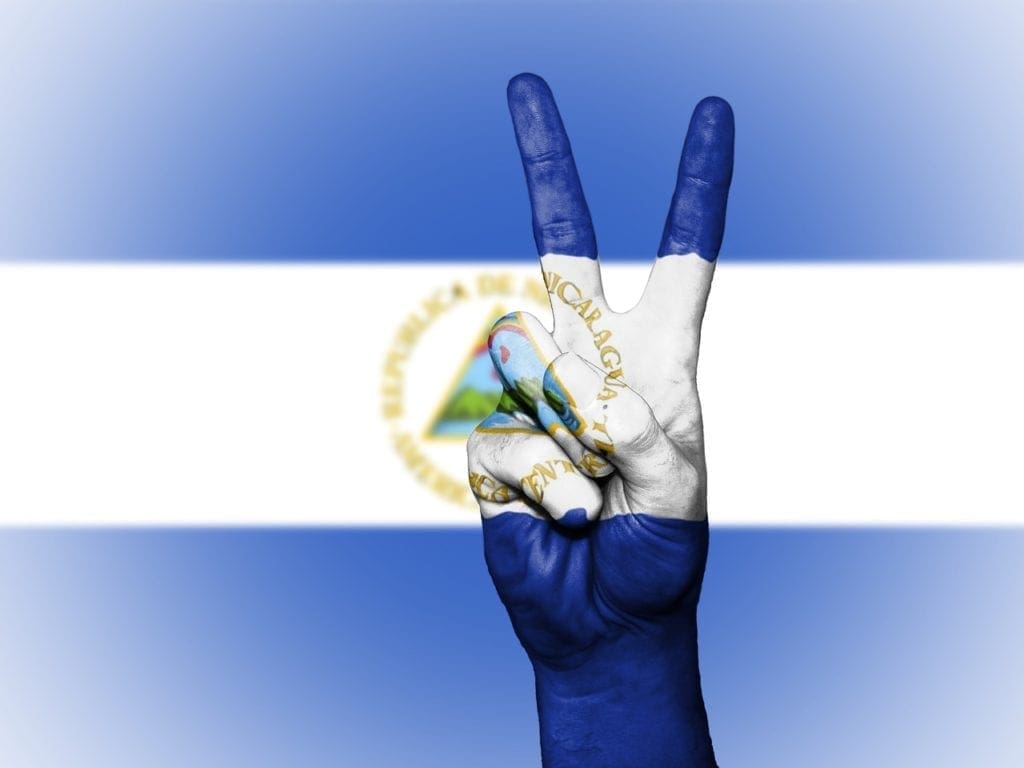Violence against anti-President Daniel Ortega Nicaraguans continues to escalate as he refuses to hold early elections. This could mean that, in no time, distressed protesters will no longer feel safe at home and might try to flee.
The latest wave of violence happened on Sunday when pro-government armed men entered Diriamba and Jinotepe in Carazo along with police. After officials tore down barricades erected by protesters, at least 14 were killed, Vilma Nunez, president of the Nicaraguan Center for Human Rights, said.
“This has been a horror. We have a minimum of 14 dead, but it could be more,” she told reporters.

President Donald Trump’s administration has already announced that Nicaraguan immigrants with a special status granted to them in 1999 after Hurricane Mitch protecting them from deportation will no longer hold the same status by 2019. And knowing Trump continues to wage his battle against Central American immigrants crossing the border illegally because of drug war-related violence at home, it’s nearly impossible to see Nicaraguans being given easy access to asylum status because of the political turmoil in the country.
It could be conceivable to think that, perhaps, as Ortega appears to hold on tight to power despite having served as the president since 2007, a larger number of Nicaraguans will try to come to America one way or another. Just as some have done recently. And if so, the public will undoubtedly ask the question, “What next?”
Welfare State: Is It Necessary?
While politicians such as Rand Paul make a strong case against bringing an end to the welfare state only after the warfare and the corporate welfare pillars of U.S. government come down, many argue that immigrants shouldn’t come in because they end up using welfare benefits. Many even argue that immigrants come to America because they are told that here, everything is “free.”
Clearly, not all immigrants make use of welfare and not all immigrants fight to arrive in the United States because they believe they have something to benefit other than, perhaps, live and work in a more peaceful country.
Still, there’s an easy answer to that argument, regardless of where you stand politically: End the welfare state. If nobody benefits from taxpayer-backed programs, immigrants won’t either.
Sounds simplistic and almost juvenile to say, “well, raise a wall around the welfare state.” But in the end, bringing the entire system down is the only thing that would keep anti-immigration hawks from fighting the flow of immigrants from Central America. After all, without welfare, there could be no risk of abuse.
Then, without a welfare program in place, guest worker programs, which were still in place until a few decades back, could be implemented, allowing immigrants into work would help fill the labor shortage in agriculture and other industries while giving immigrants fleeing violence the reassurance that they would not be sent back.
This solution would not only be good to the immigrants themselves but also to the business and farm owners who are seeing crops rot simply because Americans are not taking on the jobs that once were fulfilled by immigrants.
Giving the employer back the right over the job he owns and ending the welfare state would benefit everybody in the short term. Even, perhaps, Nicaraguans.




















